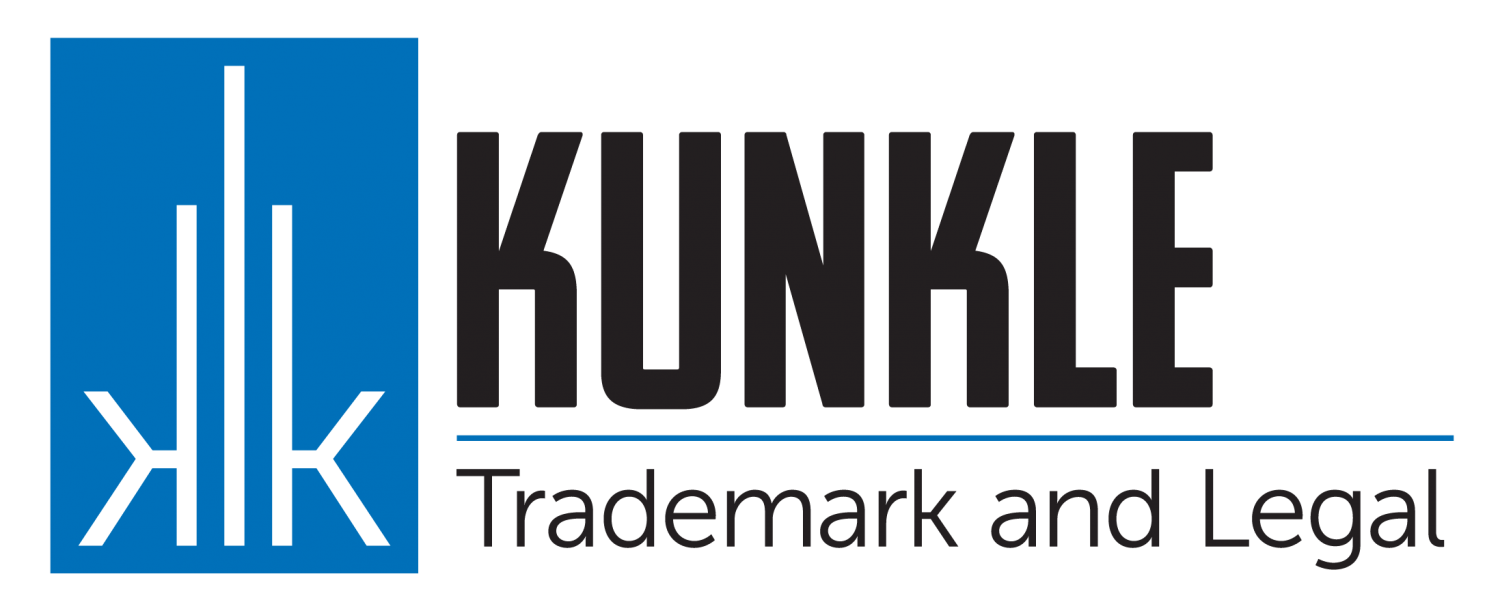Audit & Record Keeping Provisions
Whether you have partners, or are contracting for royalties from another party, one of the most common provisions in any licensing & partnership contracts is one that provides a means and method of keeping financial records of the project or business. The exact language will differ slightly depending on the specifics of your circumstances, but common terms will include what types of books are kept, how and when audits may occur, and a description of what is to happen in the event of a problem with the records.RecordsWhile there are a variety of record-keeping methods, typical contract provisions regarding record-keeping will simply provide that the books are complete and accurate. In most cases it is understood that the books will be kept in accordance with “generally accepted accounting principles.” Furthermore, in some circumstances, state statutes may regulate how the books are kept.AuditsOnce it is decided what and how records are kept, one of...
